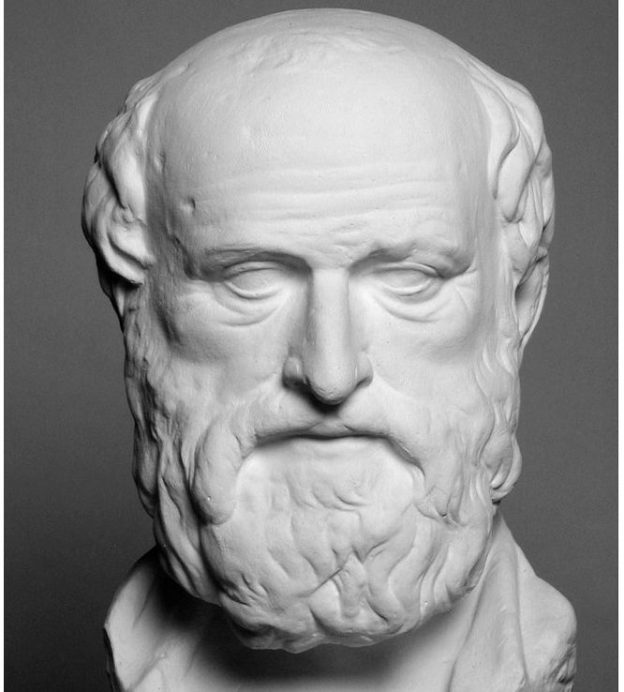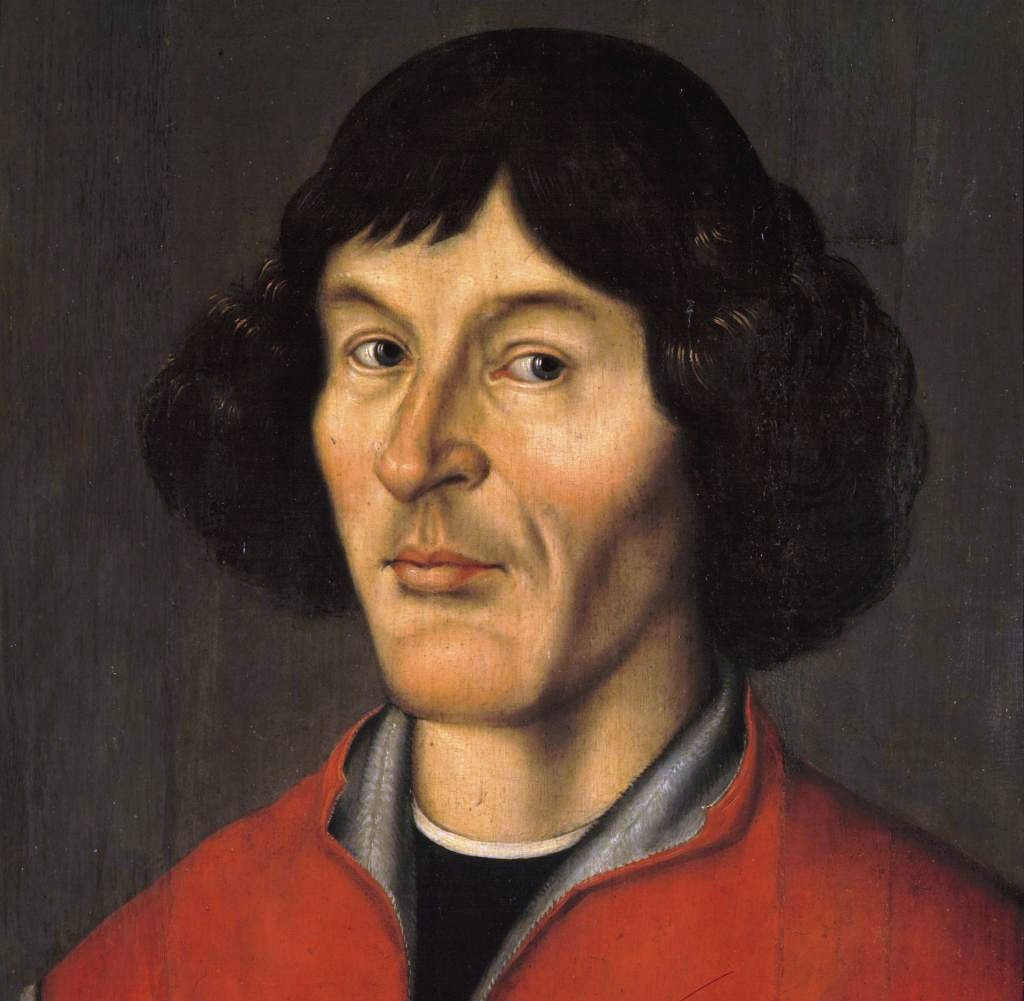SVAS - Astronomers in History
- - -
Ancient
Eratosthenes

Eratosthenes of Cyrene (c. 276 BC – c. 195/194 BC) was a Greek mathematician, geographer, poet, astronomer, and music theorist. He is best known for being the first person to calculate the circumference of the Earth. He was the first to calculate the tilt of the Earth's axis. He may have accurately calculated the distance from the Earth to the Sun and invented the leap day.
Hipparchus of Nicaea

Hipparchus of Nicaea (c. 190 – c. 120 bc) was a Greek astronomer, geographer, and mathematician. He is most famous for his incidental discovery of precession of the equinoxes. Hipparchus is considered the greatest overall astronomer of antiquity. Discovered and measured the Earth's precession.
Claudius Ptolemy

Claudius Ptolemy, Latin: Claudius Ptolemaeus; c. AD 100 – c. 170) was a Greek writer, known as a mathematician, astronomer, geographer, astrologer, and poet. Ptolemy's model was geocentric and was almost universally accepted until the appearance of simpler heliocentric models during the scientific revolution.
Renaissance
Nicolaus Copernicus

19 February 1473 – 24 May 1543) was a Renaissance- and Reformation-era mathematician and astronomer who formulated a model of the universe that placed the Sun rather than the Earth at the center of the universe, likely independently of Aristarchus of Samos, who had formulated such a model some eighteen centuries earlier. The publication of Copernicus' model in his book De revolutionibus orbium coelestium (On the Revolutions of the Celestial Spheres), just before his death in 1543, was a major event in the history of science, triggering the Copernican Revolution and making an important contribution to the Scientific Revolution.
Tycho Brahe
Tycho Brahe (1546–1601), was a Danish nobleman known for his accurate and comprehensive astronomical and planetary observations. Well known in his lifetime as an astronomer, astrologer and alchemist, he has been described as "the first competent mind in modern astronomy to feel ardently the passion for exact empirical facts." His observations were some five times more accurate than the best available observations at the time.
Galileo Galilei

Galileo Galilei (1564–1642) was an Italian polymath: astronomer, physicist, engineer, philosopher, and mathematician. He played a major role in the scientific revolution of the seventeenth century. His contributions to observational astronomy include the telescopic confirmation of the phases of Venus, the discovery of the four largest satellites of Jupiter (named the Galilean moons in his honour), and the observation and analysis of sunspots. Galileo's championing of heliocentrism and Copernicanism was controversial during his lifetime. He has been called the "father of observational astronomy", the "father of modern physics", the "father of scientific method", and the "father of science".
Johannes Kepler

Johannes Kepler (1571–1630) was a German mathematician, astronomer, and astrologer. A key figure in the 17th-century scientific revolution, he is best known for his laws of planetary motion, based on his works Astronomia nova, Harmonices Mundi, and Epitome of Copernican Astronomy. These works also provided one of the foundations for Isaac Newton's theory of universal gravitation.
Christiaan Huygens

Christiaan Huygens, FRS (1629–1695) was a prominent Dutch mathematician and scientist. He is known particularly as an astronomer, physicist, probabilist and horologist. Huygens was a leading scientist of his time. His work included early telescopic studies of the rings of Saturn and the discovery of its moon Titan, the invention of the pendulum clock and other investigations in timekeeping. He published major studies of mechanics and optics (having been one of the most influential proponents of the wave theory of light), and pioneered work on games of chance.
Isaac Newton

Sir Isaac Newton PRS (1642–1726/27) was an English mathematician, astronomer, and physicist who is widely recognised as one of the most influential scientists of all time and a key figure in the scientific revolution. Newton's Principia formulated the laws of motion and universal gravitation. Newton built the first practical reflecting telescope and developed a sophisticated theory of colour based on the observation that a prism decomposes white light into the colours of the visible spectrum.
